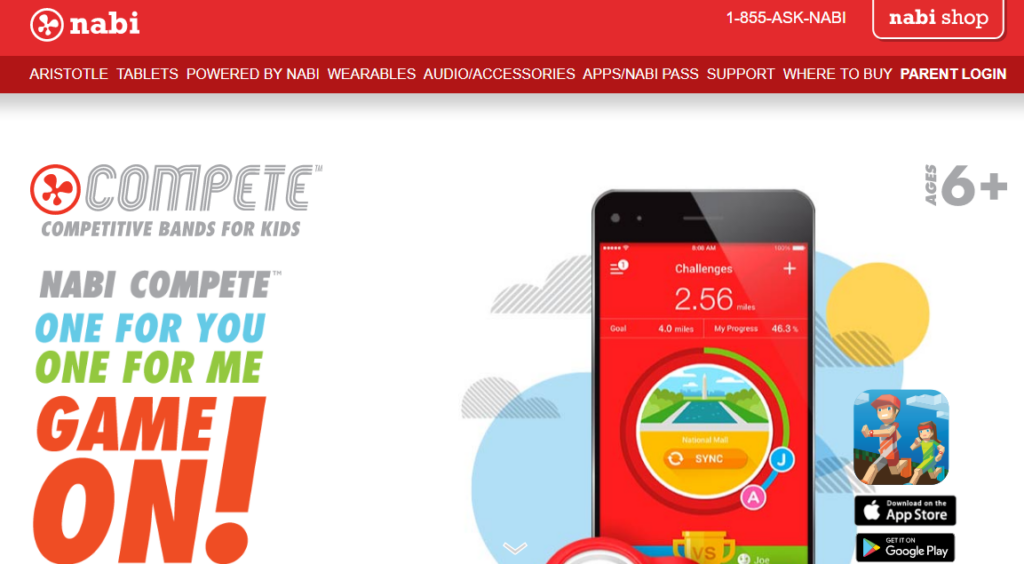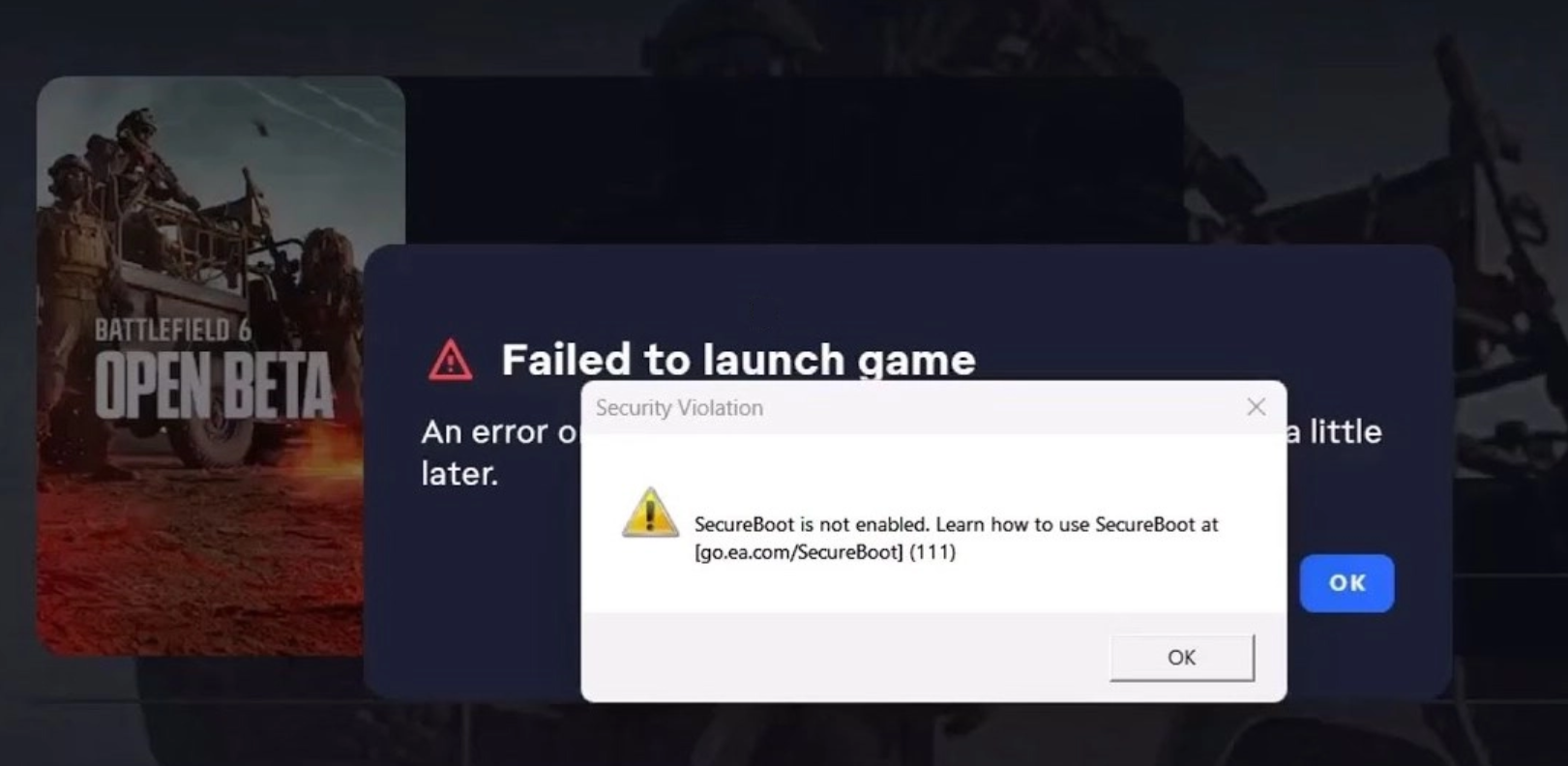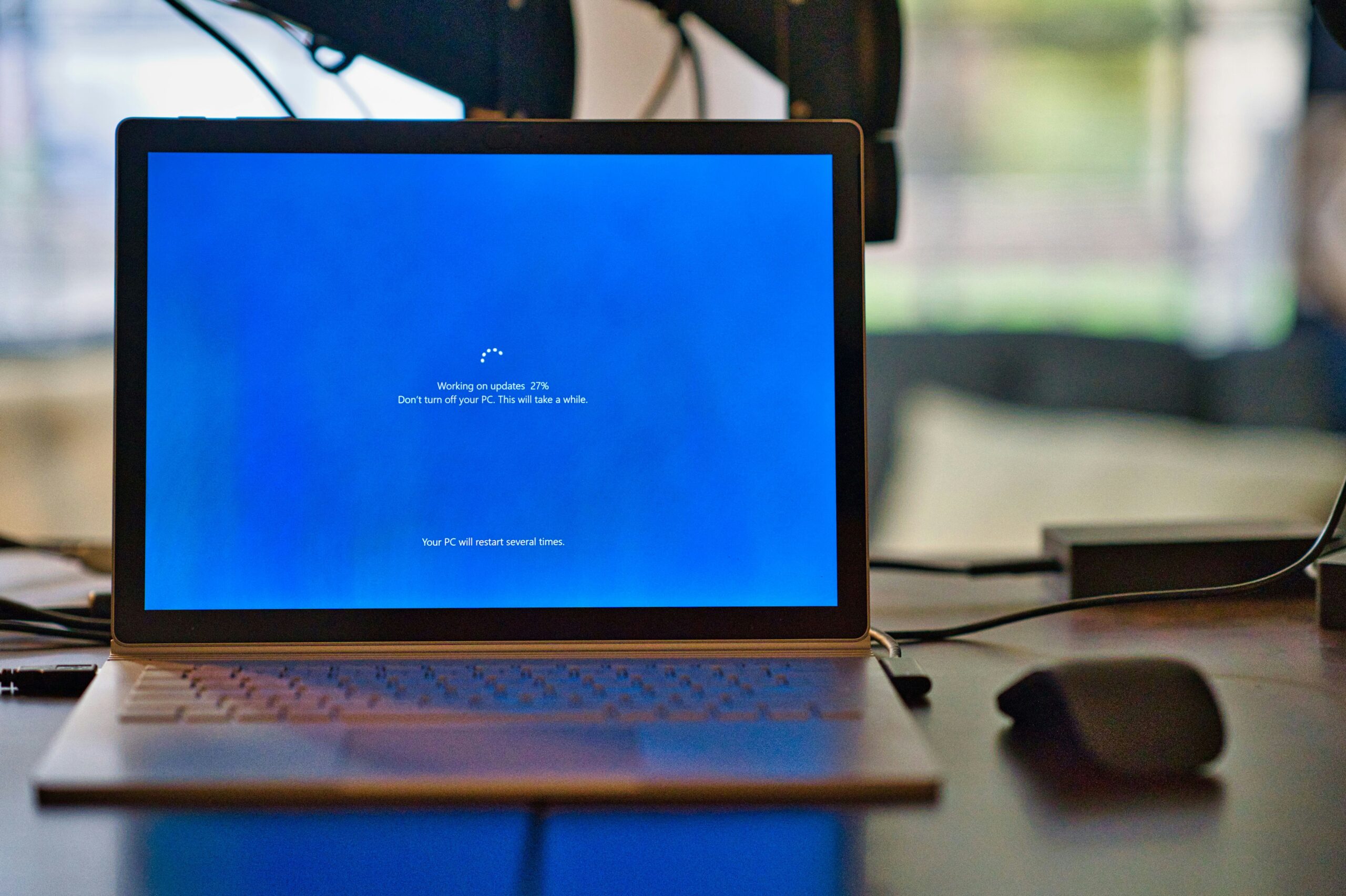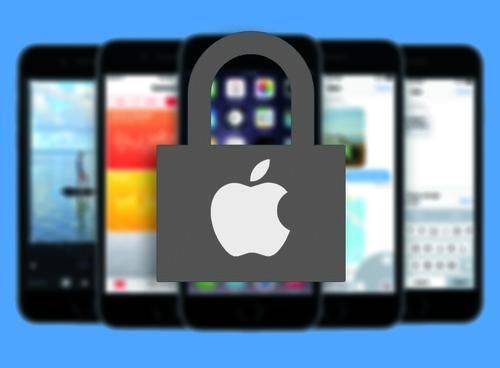Video Transcript
Voice: KTVU PLUS. The power of Two.
Gasia: You probably noticed it yesterday. Some of your favorite websites with messages protesting the Trump administration’s proposed roll-back of net neutrality protections. Amazon, Facebook, Reddit, Twitter, all among some 80,000 websites that took action against those proposed changes.
Dave: Well, joining us now, is Ryan Eldridge. Ryan is a tech analyst with Nerds on Call. Ryan, can you hear me? Can you see me?
Ryan: Absolutely.
Dave: I see. Thank you for joining us. A lot of people hear the name net neutrality, but don’t know what it means. In simple terms, basically, what is net neutrality?
Ryan: Well, essentially, we want a… what net neutrality really represents is a free and open internet where a small website has the same access to bandwidth as a large website. That’s basically it. And it’s such a terrible name. It confuses everybody. But essentially what’s at stake here is, Ajit Pai, he’s the chairman of the FCC, he wants to roll back what’s called Title Two Protections from the Telecommunications Act where it essentially classifies ISPs as a utility.
And if we think about it, imagine if we didn’t have the internet today. All of our lives would be dramatically different. I mean, it’s the collection of the entire world’s history of knowledge at your fingertips. So it’s really sort of a necessity, especially for most Americans. So classifying it a utility sort of makes sense. It allows a lot of protections. However, the ISPs on the other hand, are saying, “Look. it’s not fair to have large companies like Netflix, and Google, and Facebook take up so much of our bandwidth. It causes us to pay more for infrastructure and to build out things and it suppresses our ability to innovate. Unless we’re able to charge these companies more, for the amount of bandwidth they use.”
And so kinda makes sense on that hand, but what this would allow, if the roll-back these protections, it would allow certain companies, ISPs, Comcast, TimeWarner, to essentially say, “You’re allowed to see certain things and you’re not allowed to see other things, unless they pay an extra fee,” and that could mean consumers could pay more for their ISPs or for their data.
Gasia: So then, Ryan, are these big companies like Amazon, Reddit, Twitter, that are standing up for net neutrality, are they doing so, to stand up for the little guy or to protect their own bottom line so they don’t have to pay more?
Ryan: A little bit of both. Imagine if you and I had the greatest idea in the world and we got to our garage, and we built our new streaming app to compete with YouTube and some of these other big players, right? If net neutrality is rolled back, ISPs could be charging streaming services more money just to get online to get to consumers. Somebody like Netflix and YouTube, they’ve got deep enough pockets. They’re gonna be able to pay that extra fee. But you and I, we got start-up money. We don’t have a lot of money to spend on that sort of thing.
So it would really suppress the ability for new things to come to market and really kinda solidifies everybody’s position. If I was Google, if I was Facebook, if I was a big internet company, I would actually want net neutrality rolled back. So the fact that 80 million websites are coming together and everybody is saying, “Knock this stuff off,” that’s pretty cool.
Dave: I know our time is winding down. I know there have been protests against this, displayed and people are being asked to join these. You think it’ll be effective?
Ryan: You know what, Ajit Pai has said, back when he was just a commissioner that he was not in favor of these, and there have been so many comments on the FCC website that’s really how you can protest now. Just go the FCC website and leave a comment and let them know that you do not want net neutrality rolled back or if you want it rolled back, leave a comment too. We can all have our opinion heard.
But the chances of getting this rolled back in this particular political climate is really high. Another thing you can do is go to Facebook, on the side tab there, there’s a little tab called TownHall, it’ll give you access to all of your representatives. Your local representatives. Email every single one of them and let them know how you feel about net neutrality. The only way this is gonna do anything at all is if all of us, in one voice, speak what our opinion is and kinda make the administration listen to us.
Gasia: Okay.
Dave: Well said. You made it nice and simple, easy to understand. Ryan Eldridge, Tech Analyst with Nerds on Call. Thank you for joining us on the morning…
Want free access to the sites you love? Then you MUST care about Net Neutrality in 2017.
Net Neutrality is under attack yet again.
The current administration has announced plans to roll back the protections for a “Free Internet” erected by the FCC two years ago.
Title II of the Communications Act of 1934 re-classified Internet Service Providers (ISPs) as a utility, allowing them to be regulated as such.
This classification disallows ISPs from enacting certain business policies like charging certain content providers more or throttling (slowing) access to their content.
Chairman of the FCC, Ajit Pai, wants to roll back net neutrality protections. He wants to return to a “less regulated” time, suggesting that the ISPs can “voluntarily agree… to not obstruct or slow consumer access to web content.”
What is Net Neutrality?
Net Neutrality is a term that refers to regulations that require ISPs to treat all traffic on the Internet equally.
Under the current regulations, every company has the right to have their content accessed at the maximum speed provided by a user’s ISP.
If the FCC gets its way, that will change.
ISPs will be able to throttle access to sites (big or small) at their own will.

Why is this important?
Imagine if your cable provider could influence the channels you see, or not see.
For example, they could discourage you from viewing channels they don’t get enough money from by lowering the signal quality.
There are already examples of ISPs and mobile service providers giving preferential access to certain apps, services, and sites.
The practice of zero rating exempts traffic to and from certain apps, sites or streaming services from a person’s data use limits.
T-Mobile and Verizon allow usage of certain apps to not count toward a user’s data plan.
For example, T-mobile’s Binge On provides its customers unlimited video streaming data to certain services such as YouTube or Hulu.
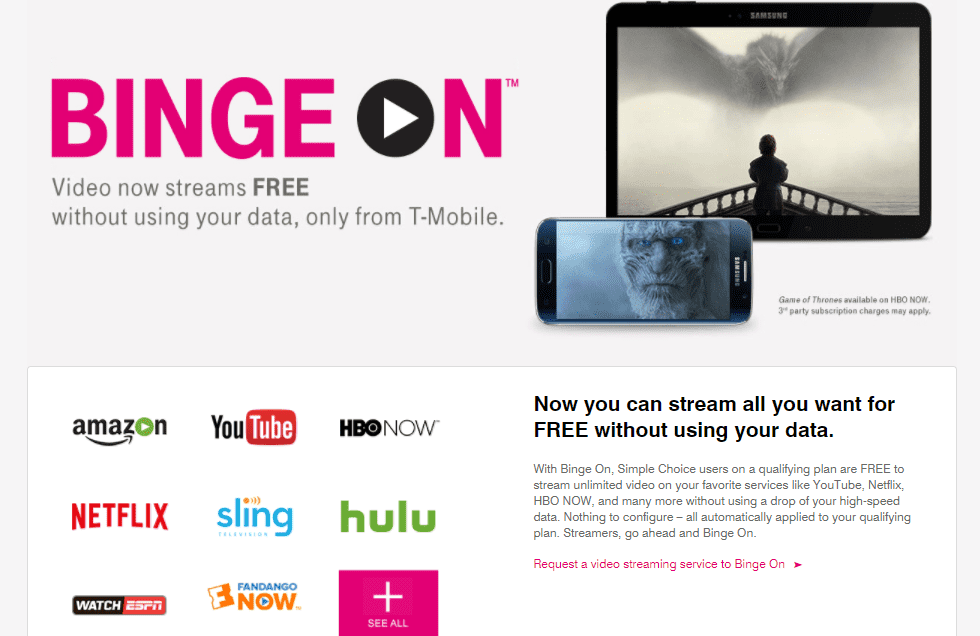
This is great for consumers but it does not present a fair playing field for competitors.
On the other hand of the spectrum, consider the ramifications of an ISP zero-rating its own services to give itself a competitive advantage?
According to TechCrunch:
“That’s exactly what Comcast did with its “Stream TV” on-demand video service; shows watched on it didn’t count towards the ISP’s data caps, while competitors like Netflix and YouTube did.”
What if AT&T decides to slow YouTube and Netflix in favor of its own content?
Or ISP’s start charging a fee for a site or service to get “zero-rating status?”
It’s fair to say that corporate profits will direct ISP’s decisions and without regulation consumers risk losing open access to sites that can’t afford to pay a premium to get in the “fast lane.”
Why is this important NOW?
The FCC wants to destroy net neutrality and give big cable and telecom companies control over what we see and do online.
If they get their way, the web will be at risk of widespread throttling, blocking, traffic re-directing, and extra fees passed on to consumers looking to access their favorite content.
July 12th, 2017 was “Net Neutrality Day of Action.”
The protest was organized by activist group Fight For the Future.
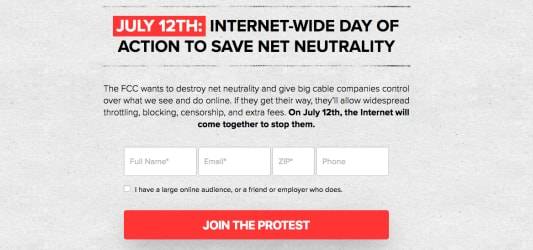
Sites all over the net like Netflix, Amazon, OKCupid, IMGUR, and Vimeo posted banners, pop-overs, and notices urging users to protest the FCC’s plans to roll back Title II Net Neutrality protections.
For a complete list of participating organizations, look here.
Leading the charge against the FCC’s plans are Internet powerhouses Google, Facebook, Netflix and Amazon who form a part of a conglomerate known as “The Internet Association.”
The association strongly believes that there is no basis to change the rules.
As it stands, the current regulations create a fair and equal Internet.
Consumers are protected from blocking or throttling introduced as a result of third-party interests. Consumers pay to access the entire Internet, not just those parts their ISP wants them to see.
YCombinator, a leading startup seed accelerator has also released a statement aimed at the FCC in which they express their “grave concern of unraveling the the existing legal framework.”
What can you do?
1. Tell the FCC how you feel:
Go to: gofccyourself.com
You’ll be redirected to the FCC page for the specific proceeding that you need.
Click on + Express (center right of the page).
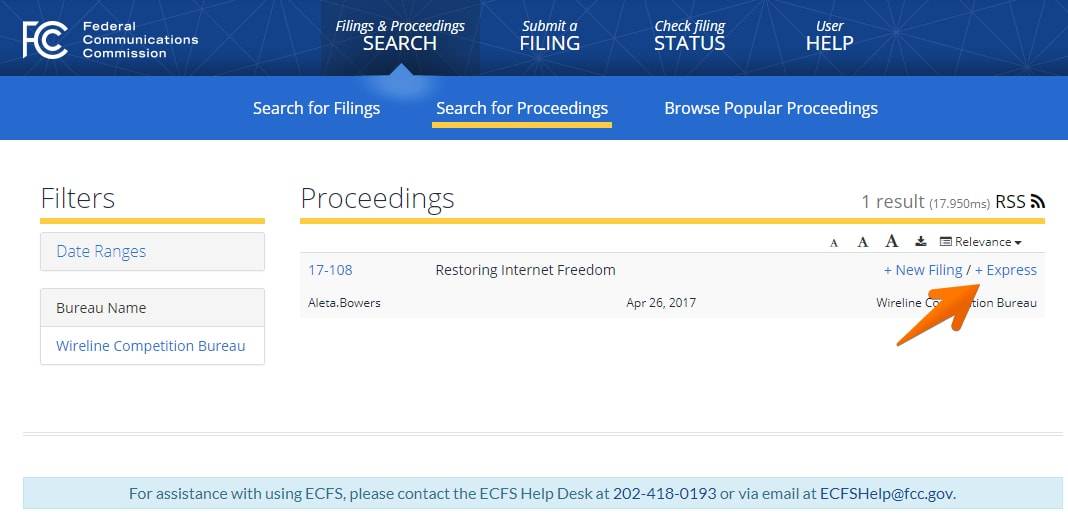
Fill out the form to email your thoughts and comments to the FCC.
You can either voice your support in favor of Net Neutrality and the FCC upholding existing regulations which restrict ISPs to charge different rates for different sites and/or access.
OR
Against Net Neutrality, urging the FCC to reverse restrictions on the ISPs.
Please keep comments professional and civil.
There was an onslaught of inappropriate comments (including derogatory, profanity-filled, and racist statements) posted shortly after news of the proposal gained traction.
Clearly, these statements are not a valid representation of citizens thoughts on the matter at hand and merely cloud the water for those looking to have their voice heard.
2. Facebook
Reach out to your local and state representative using Facebook’s Townhall feature.
Login to Facebook and look to the column on the left titled “Explore.” You’ll likely have to select the “see more” option to get a complete list, and then choose Town Hall.
Local representatives (based on the address you’ve listed as your home) with a Facebook presence will appear automatically.
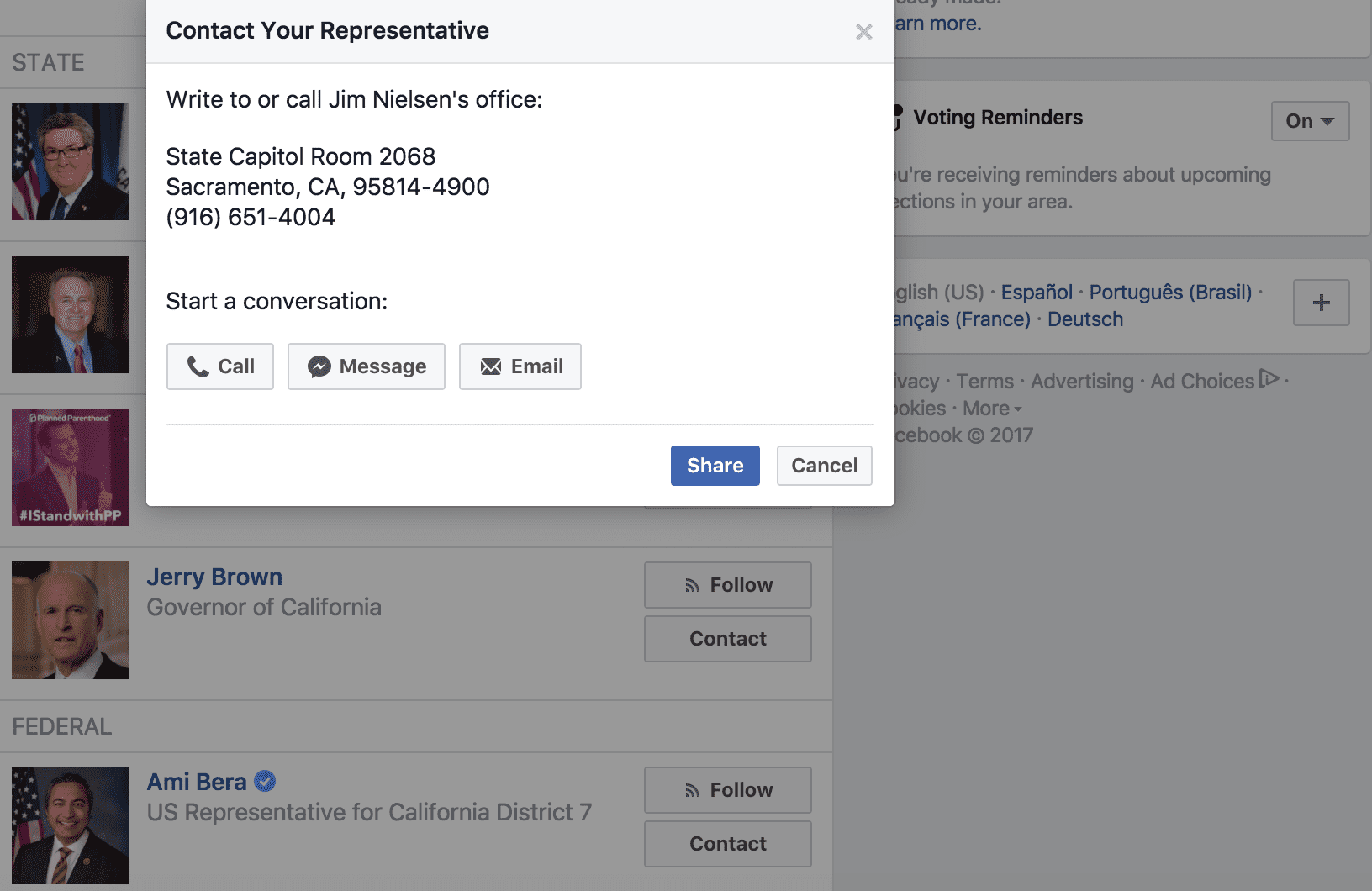
Most bureaucrats are active on social media.
Even if they don’t read your message personally, they’ll have a PR team informing them of the rise in concern towards net neutrality in their jurisdiction.
You may feel that you don’t need to pay attention to net neutrality because it doesn’t affect you.
That may be the case today but it won’t always be. Think about how net neutrality can impact you in the long run and voice your opinion accordingly.
Like This? We have more!
Sign up below to be kept in the loop and be sent more content like this in the future!

About The Author: Andrea Eldridge is CEO and co-founder of Nerds On Call, a computer repair company that specializes in on-site and online service for homes and businesses. Andrea is the writer of a weekly column, Nerd Chick Adventures in The Record Searchlight. She prepares TV segments for and appears regularly on CBS, CW and FOX on shows such as Good Day Sacramento, More Good Day Portland, and CBS 13 News, offering viewers technology and lifestyle tips. See Andrea in action at callnerds.com/andrea/.
